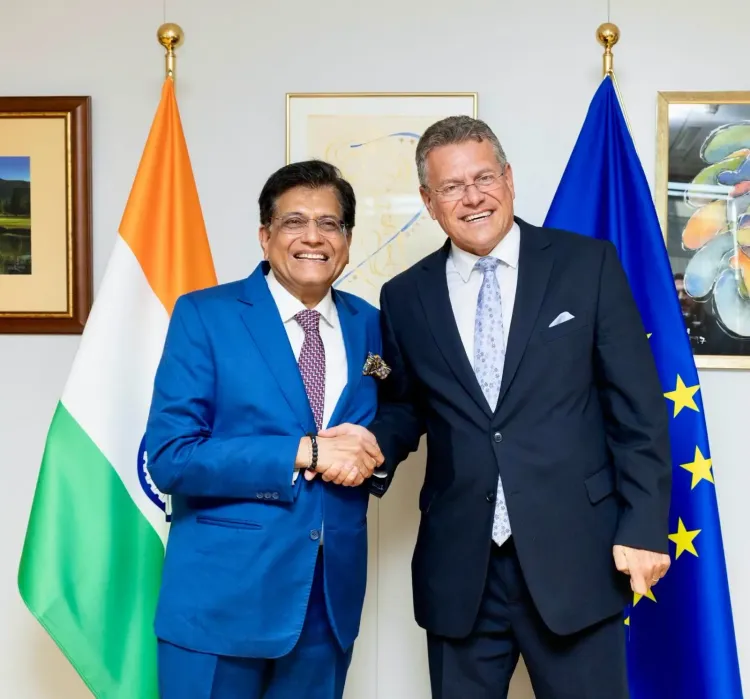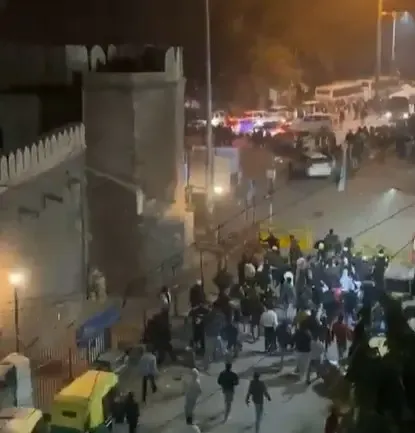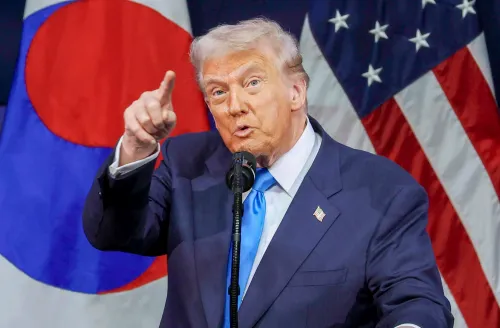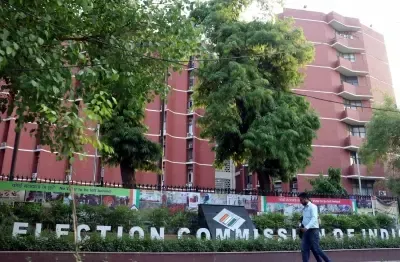Will India and the EU Finalize Their Free Trade Pact by 2025?

Synopsis
Key Takeaways
- Commitment to finalize the India-EU FTA by 2025.
- Focus on enhancing market access and reducing trade barriers.
- Importance of innovation and competitiveness in negotiations.
- Recognition of the role of investment flows and mobility.
- Strategic partnership aimed at sustainable development.
New Delhi, May 2 (NationPress) The Indian Minister of Commerce and Industry, Piyush Goyal, and the European Commissioner for Trade and Economic Security, Maros Sefcovic, have reaffirmed their commitment to finalize the India-European Union Free Trade Agreement (FTA) by the conclusion of 2025.
During their discussions, both parties emphasized the necessity to tackle outstanding issues with a mindset of mutual respect and practicality. This includes the upcoming negotiation round set to occur from May 12-16 in New Delhi, as stated in an official announcement following their meeting in Brussels.
This dedication is rooted in the strategic guidance provided by Prime Minister Narendra Modi and Ursula von der Leyen, President of the European Commission, during the significant visit by the EU College of Commissioners to New Delhi in February.
“In my fruitful dialogue with EU Commissioner Maros Sefcovic today, we reiterated our mutual commitment to concluding the India-EU Free Trade Agreement negotiations by the end of 2025,” Goyal shared on X social media.
“Our negotiations will concentrate on enhancing market access for businesses, fostering trusted and diversified supply chains, and deepening our partnership to stimulate economic growth,” the minister noted.
“We also spoke about the importance of innovation and competitiveness, highlighting how investments and mobility will shape a forward-looking agreement,” he added.
Under the leadership of PM Modi and the EU President, both India and the EU are committed to pursuing a mutually advantageous and strategic agreement aimed at shared prosperity and sustainable development.
The high-level discussions underline the strategic importance both partners place on establishing a commercially significant, mutually advantageous, balanced, and fair trade partnership that bolsters economic resilience and inclusive growth.
The meeting also showcased the advancements made across various negotiation tracks and reiterated the need to maintain momentum through monthly negotiation rounds and ongoing virtual engagement.
India emphasized that substantial progress in trade discussions necessitates equal attention to non-tariff barriers (NTBs) along with tariff negotiations, stressing that regulatory frameworks must be inclusive and not inhibit trade.
The India-EU FTA aims to reflect the changing dynamics of global commerce by facilitating a digital transition and promoting resilient and diversified supply chains. Both parties expressed optimism that the agreement, once finalized, will become a transformative element in the broader India-EU strategic partnership, enhancing market access, supporting regulatory cooperation, and fostering innovation and competitiveness on both sides. Both sides recognized the essential role that investment flows and people-to-people mobility play in sustaining economic vitality.










